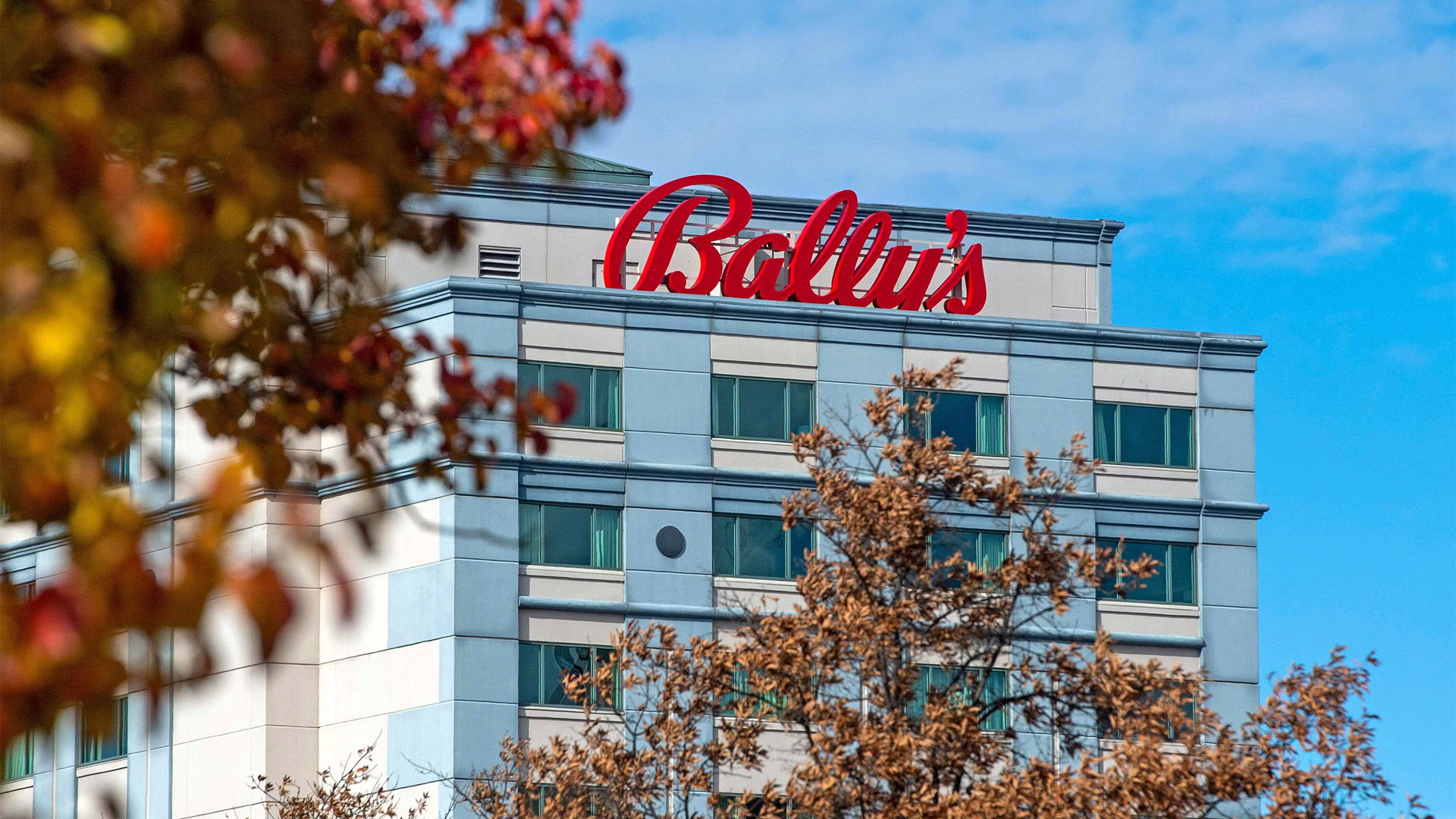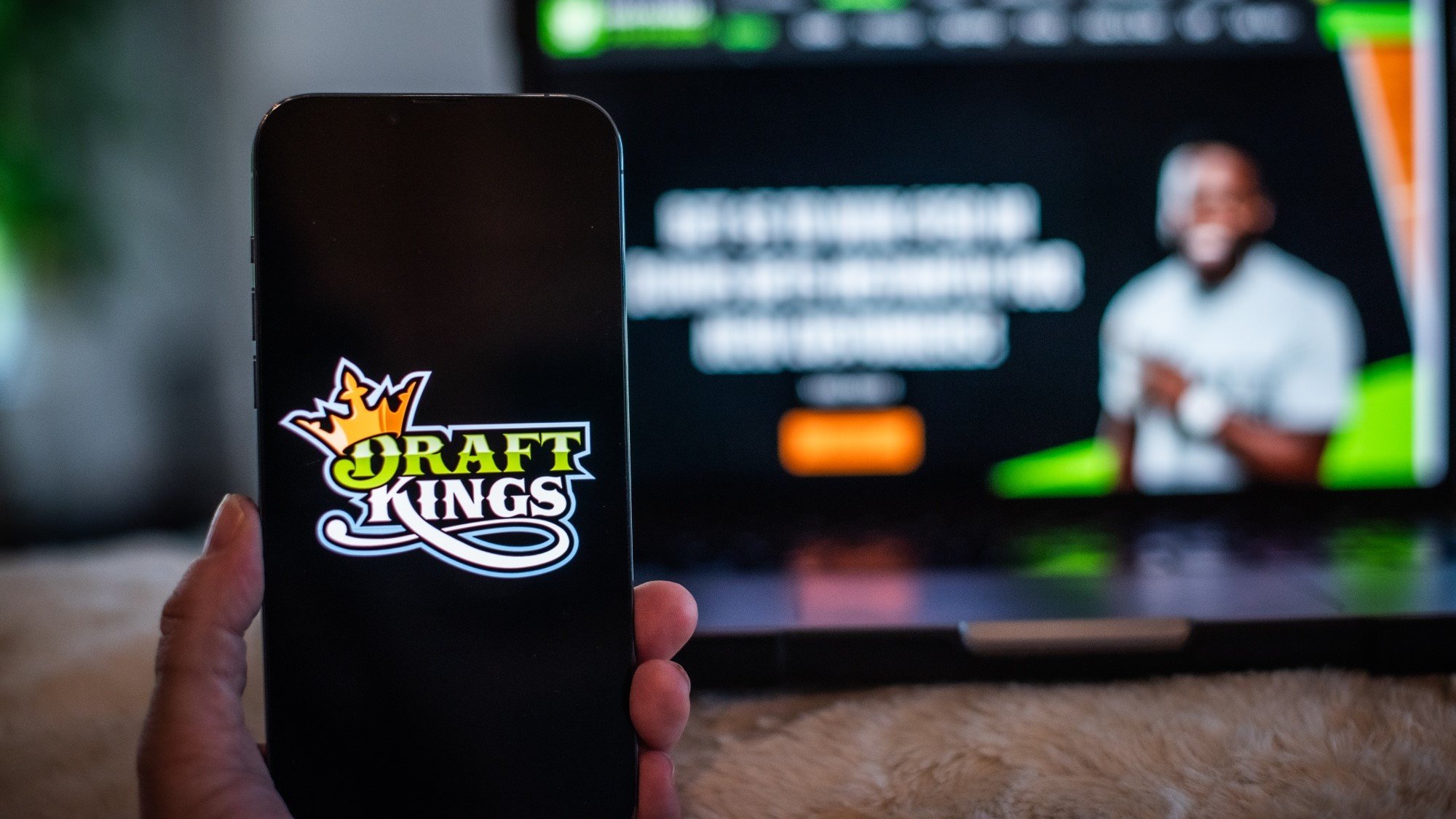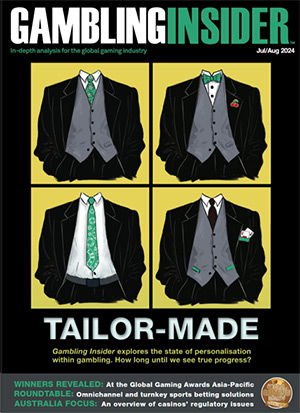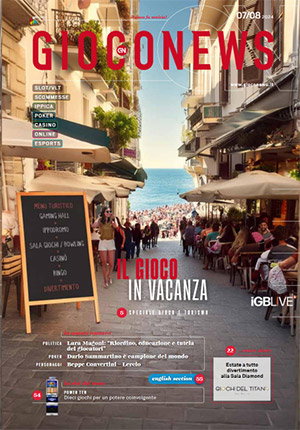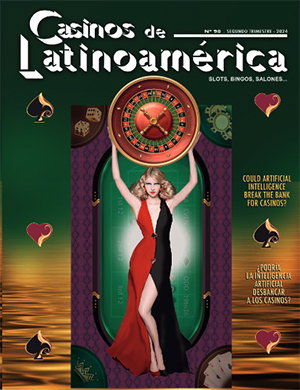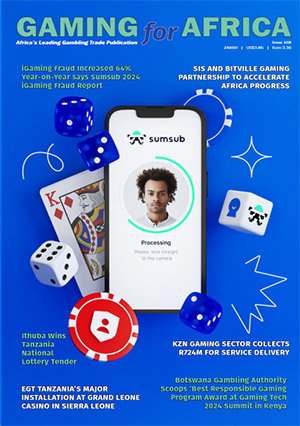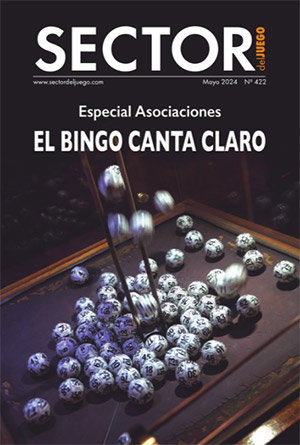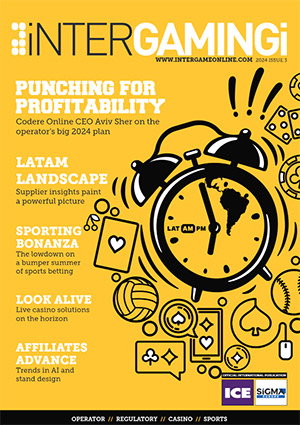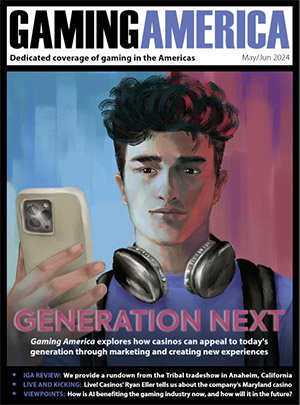Minnesota sees renewed push to legalize sports betting as senator amends bill to aid horse racing tracks

Despite the increasing number of states legalizing sports betting, Minnesota is still not among them. However, the odds seem to have improved on Wednesday. Sen. Matt Klein, DFL-Mendota Heights, offered an amendment to his legalization bill that would aid the state's two horse-racing tracks, which were left out of the initial proposal.
Under his plan, sports gambling would be taxed at 10%, with 30% of that going to an economic development fund for the tracks capped at $20 million. After that initial infusion, the two tracks would split $3 million annually. Klein was resolutely upbeat despite the Legislature's impending adjournment on May 22. "If people are motivated to get something done, they will," he said, according to the Star Tribune.
In February, authors of the legislation vowed to finish the work after the House passed a bill off the floor last year allowing Minnesotans 21 and older to place bets at casinos and through a mobile app. That plan gives the state's Native American tribes, which own casinos, exclusive access to state licenses for operation. However, republicans didn't like the bill without money for tracks, and the proposal languished.
But in the Senate State Government committee on Wednesday, Klein's amendment seeks to give horse racing tracks a slice of the sports gambling revenue, which he called a "best faith effort" to accommodate them.
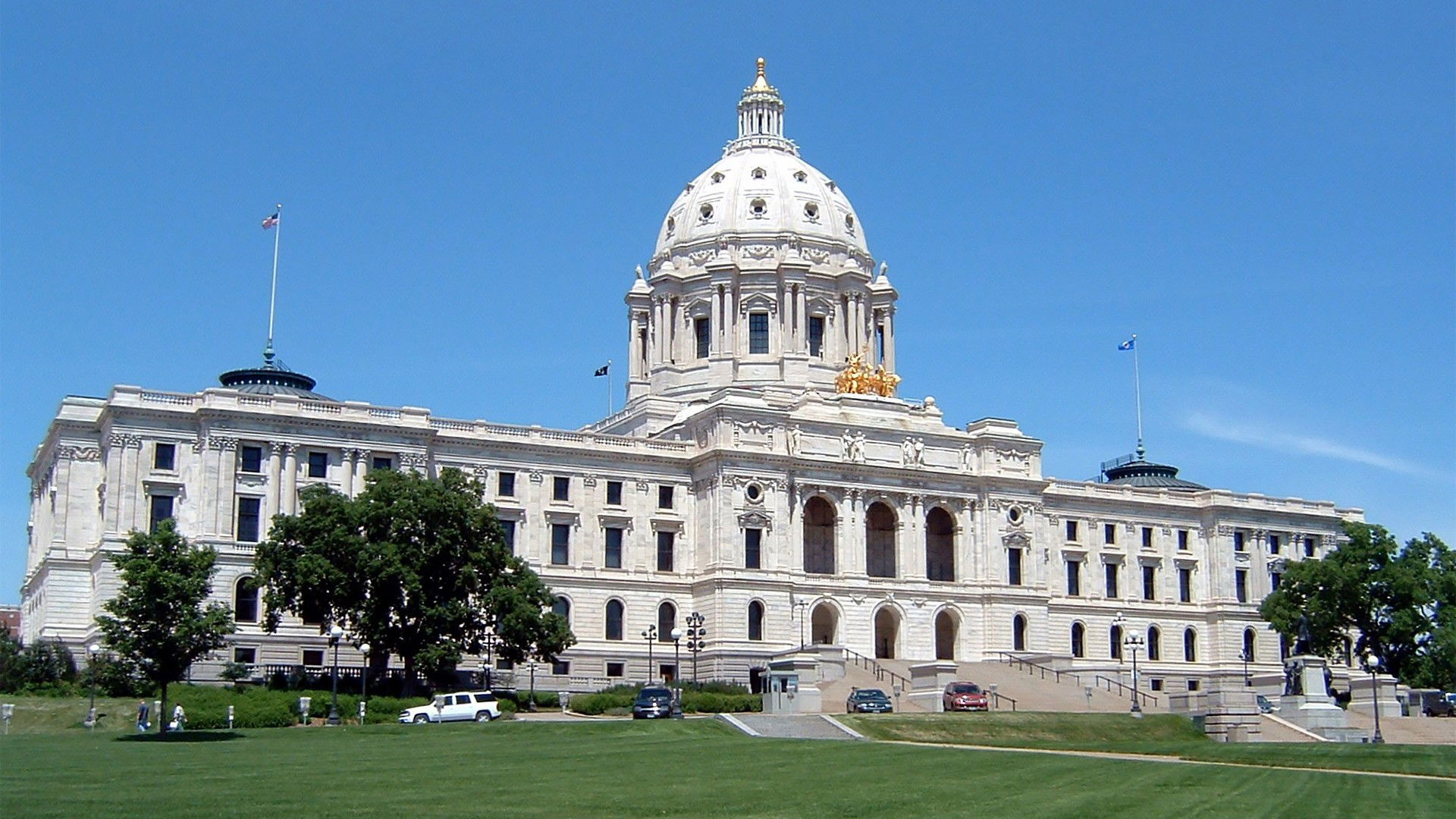
However, the tracks have yet to warm to the bill and are currently asking for a bigger role in the gambling expansion. At the committee hearing, representatives from the two racetracks spoke against the bill. Additionally, Andy Plato, the Executive Director of the Minnesota Indian Gaming Association, testified that the casinos would still support the bill if racetracks received some of the revenue.
The bill is still far from a sure bet. Randy Sampson, CEO of Canterbury Park, told lawmakers Wednesday he appreciates the effort but said the plan isn't sufficient to cover losses the racetrack would face if it can't offer sports betting, too. "We believe this amendment provides a short-term solution to a long-term concern and problem," Sampson said.
As for whether an agreement is possible in the remaining days before the session adjourns, Sampson said in an interview: "It's too early to tell." For her part, Tracie Wilson, CFO of Running Aces in Columbus, suggested allowing craps and roulette tables at the tracks would be helpful and could bring them on board with the plan.
"We will continue to work with tracks to try to satisfy their concerns; that's not out of the question. But at the end of the day, each individual legislator needs to decide if they're willing to vote against a bill that is what Minnesotans are demanding," Klein noted.
Data shared by geolocation services provider GeoComply shows Minnesotans tried nearly one million times to access sportsbooks in legal states during this year's NFL season and March Madness. Right now, sports betting is legal in 37 states and Washington D.C., according to the American Gaming Association.
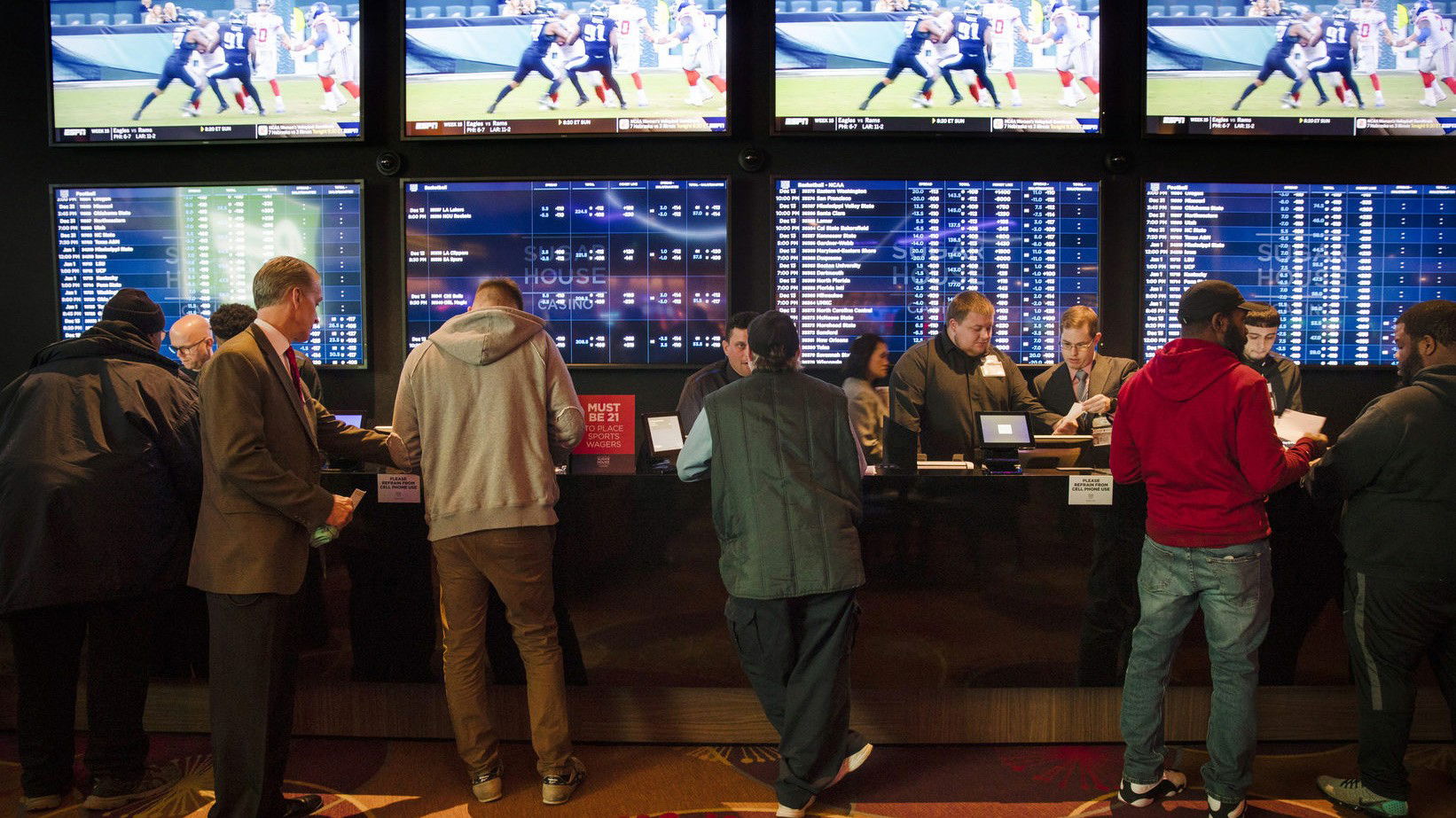
According to data from a poll conducted recently by Star Tribune/MPR News/KARE 11 Minnesota, 48% of Minnesotans said betting on sports should be legal, while 33% said it should not be.
About 1 in 5 Minnesotans are still undecided on the issue. The poll surveyed 800 Minnesota likely voters from September 12-14 and has a margin of error of plus or minus 3.5 percentage points.



